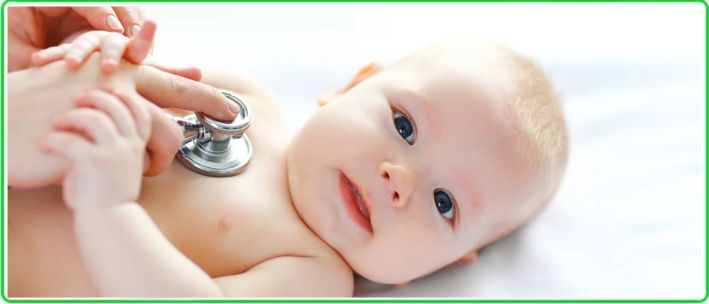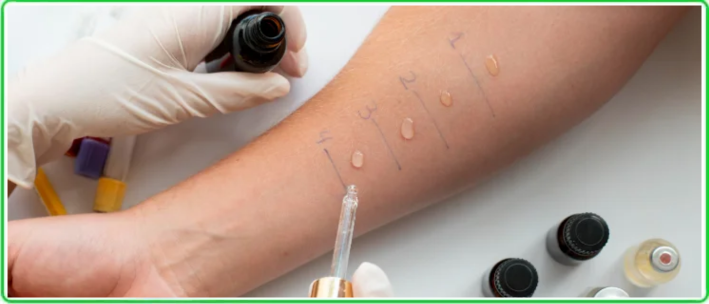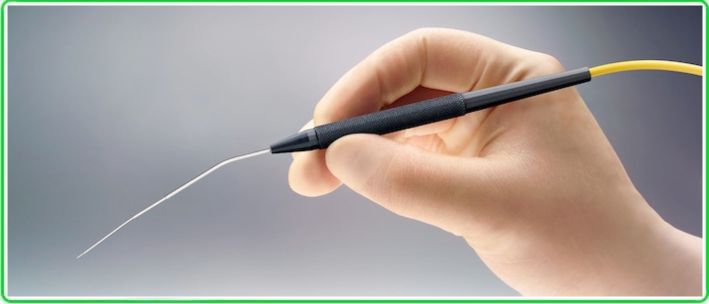Schedule of Preventive Check-Ups for Children from Birth to 18 Years

Introduction
Prevention is the foundation of a child’s health. Regular visits to the pediatrician help monitor growth and development, detect abnormalities early, and prevent illnesses before symptoms appear. Many childhood diseases in their early stages progress without obvious signs, which is why routine check-ups play a key role in early detection and treatment.
At KindCare Medical Center, preventive examinations are carried out according to international standards and are tailored to the child’s age, individual characteristics, and living conditions.
Why Regular Check-Ups Are Important
- Monitoring growth and development
Assessment of weight, height, head circumference, and physical development in accordance with age norms. - Early diagnosis of diseases
The doctor can detect issues with hearing, vision, heart, or respiratory function before symptoms become noticeable. - Nutritional and lifestyle guidance
Recommendations on diet, physical activity, and sleep routines. - Vaccination planning
The pediatrician ensures compliance with the national immunization schedule and provides individual vaccination recommendations.
Preventive Check-Up Schedule by Age
Newborn (first days of life)
- Timing: 3–5 days after discharge from the maternity hospital
- What’s checked: weight, height, reflexes, skin condition, umbilical stump, breathing, and heart function.
- Recommendations: newborn care, feeding, prevention of colic and diaper rash.
1 month
- Checks: nervous system development, muscle tone, visual and auditory responses.
- Additional: hip ultrasound, cranial ultrasound (neurosonography), echocardiography.
2 months
- Goals: monitoring weight, response to sounds and light, movement coordination.
- Vaccination: first scheduled immunizations (DTP, polio, hepatitis B, etc.).
3 months
- Checks: growth progress, head control, interaction with parents.
- Recommendations: exercises to support motor skills.
4–6 months
- Evaluation: rolling over, grasp reflex, reaction to toys.
- Guidance: introduction of complementary foods (if indicated).
9 months
- Checks: crawling, sitting, first attempts to stand.
- Assessment: teeth, gums, hearing.
12 months (1 year)
- Comprehensive check-up: growth, weight, psychomotor development, vaccinations as per schedule.
- Additional: consultations with specialists (Orthopedics,neurologist, ENT).
Preschool Age
1–3 years
- Check-ups every 3–6 months.
- Monitoring speech, coordination, and emotional development.
- Advice on nutrition, potty training, and injury prevention.
4–6 years
- Annual check-up before preschool or school.
- Vision, hearing, and posture assessment.
- Updating vaccinations before school enrollment.
School Age
7–10 years
- Annual check-up.
- Monitoring height, weight, posture, vision, and hearing.
- Recommendations on nutrition, physical activity, and prevention of fatigue.
11–14 years
- Assessment of puberty and hormonal status.
- Counseling on hygiene and emotional well-being.
- Vaccinations according to schedule (including HPV for both boys and girls).
Adolescence
15–18 years
- Annual check-up.
- Monitoring physical and psychological health, preparing for adulthood.
- Guidance on preventing bad habits, healthy eating, and sports activities.
How Preventive Check-Ups Are Conducted at KindCare Medical Center
- Medical history review – family health background, lifestyle, past illnesses.
- Physical examination – evaluation of all body systems.
- Diagnostics – ultrasound, lab tests, specialist consultations if necessary.
- Recommendations – personalized nutrition, activity, and vaccination plans.
Benefits of Regular Check-Ups with the Same Pediatrician
- Continuous monitoring and understanding of developmental progress
- Faster detection of abnormalities
- Tailored care based on the child’s needs
- Trust between doctor, child, and parents
Conclusion
Preventive check-ups are not just a formality but an essential tool for maintaining a child’s health. They help prevent illnesses, detect problems at an early stage, and support healthy, balanced development.
Book a routine check-up at KindCare Medical Center to ensure your child’s well-being at every stage of their growth.












